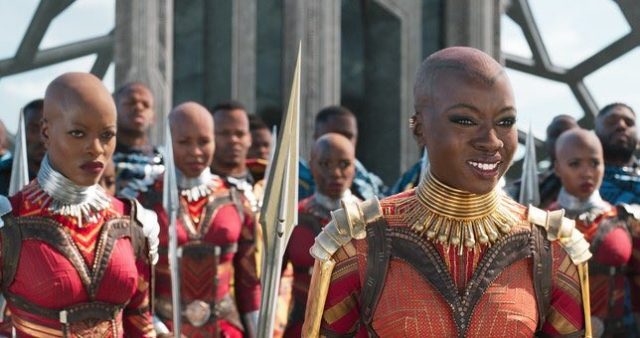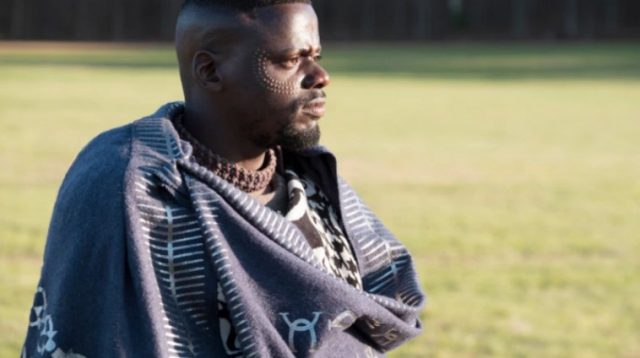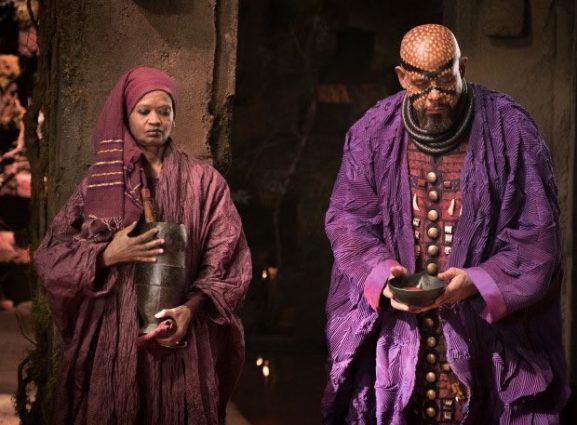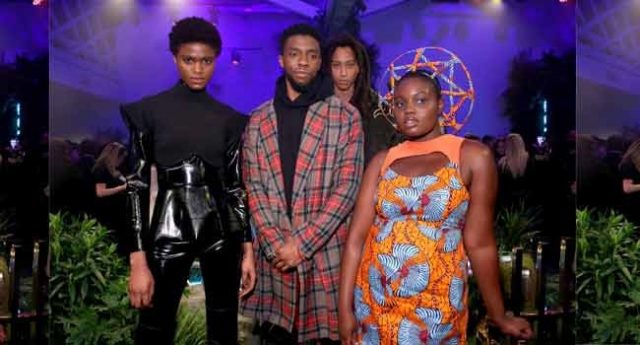Movie Review: Black Panther
Black Panther; African’s Culture Forever
Black Panther, where African’s practices and traditions played a huge role to create a blockbuster movie.
Written by: Lisa Tanadi and Michelle Mayfa

The latest marvel release, Black Panther movie has captivated the world’s attention since its release date in January 29, 2018 and also has become the movie that exhibit a numerous amount of African tribes and cultures. Even though Wakanda is just a fictive country but it showcased the whole African continent’s traditions and pride. The movie itself is a feast to the eye with the secretly-beautiful African fashion that actually captured the audiences’ interest. Because of its unique and stand-out colour used, the fashion radiated the inner beauty of Africans.
Let’s get to know the African’s original fashion and culture from the phenomenon Black Panther movie;
One of the most distinctive cultures apparent in Black Panther is a lip plate worn by one of the Wakandan elder called Mursi and Surma Lip Plates. Lip plates or disks are a form of ceremonial body modification. Many African cultures use them but it’s originated owned by the Surma and Mursi tribes in Ethiopia.
Queen Mother Ramonda makes an entrance with a large disc headdress referred as Zulu headdress called Isicolo. The isicolo is a hat worn by married women for ceremonial celebrations, and was traditionally shaped from grass fronds, with cotton woven through. Originally from Zulu, South Africa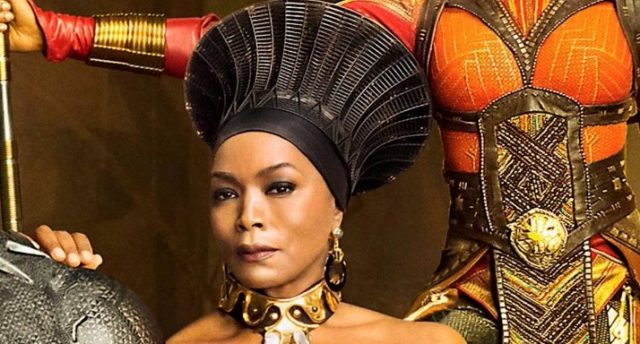
Maasai Warriors or in this movie, the Dora Milaje that can be seen with their red futuristic bodysuit and a spear, The Maasai Shuka is fabric worn by the Maasai, instantly recognizable as the red and blue chequered (sometimes with black, yellow or green, but red is always the base colour). Maasai is the tribe that lived in Maasai, Kenya. Shuri and the Dora Milaje have outfits with a prominent collar named Ndebele Neck Rings. The South Ndebele peoples of Zimbabwe/South Africa wear neck rings as part of their traditional dress and as a sign of wealth and status.
Providing Wakanda protection is the Border Tribe, who appropriately enough protects Wakanda’s borders. Their most distinctive costume features are the blanket cloaks they wear, the traditional gear of the Basotho people. the symbols on the blanket have meaning. The most prestigious being the corn cob found on the seanamarena, meaning “to swear by the chiefs.” In Lesotho, a mountainous country surrounded by South Africa which gets snow in the winter, the Basotho blanket holds deep significance to keep them warm.
Always gearing ornate flowing royal purple robes known as an Agbada. It’s one of the names for a flowing wide-sleeved robe worn by men/women in much of West Africa, and North Africa. the Priests, led by Zuri are the sole caretakers of the temple and all royal rituals in the kingdom. They are herbalists, and botanists and the sole caretakers of the heart-shaped herb that gives the Black Panther King his powers.
In one scene Erik Killmonger wears a mask. The masks Igbo Mask., known as Mgbedike, are distinguished by the large size and bold masculine features. Mgbedike translates as “time of the brave”. While there are various versions, the masks typically depict aggression with features such as horns and bared teeth. They are used in Igbo rituals and are designed to contrast the female dancers with their more feminine beauty.
This movie also becomes the inspiration to the New York Fashion Week 2018, titled Welcome to Wakanda brought the traditional costume as a new futuristic fashion movement of African culture. The event featured designers that were chosen for their creativity and dedication to diversity through fashion; included Cushnie Et Ochs, Ikiré Jones, Tome, Sophie Theallet, Fear of God, Chromat, and Laquan Smith. Hair and makeup provided by Rodney Cutler and Nick Barose.
Sources:
https://www.vanityfair.com/style/2018/02/backstage-at-the-black-panther-new-york-fashion-week-presentation
http://www.syfy.com/syfywire/everything-you-need-to-know-about-the-tribes-of-black-panthers-wakanda
https://qz.com/1210704/black-panthers-african-cultures-and-influences/
https://twitter.com/diasporicblues



